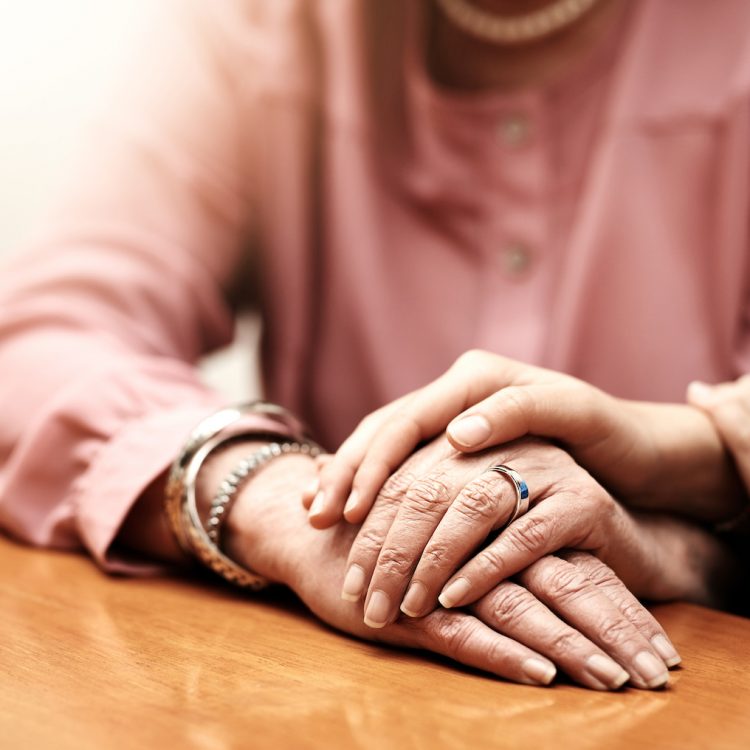Losing a loved one is never easy, and the loss can have an impact long after death. When someone plays such an instrumental role in your life, it can sometimes feel impossible to think about life without that person. The grieving process is an important part of healing and learning to adjust to life without someone you love so deeply.
First and foremost, it is important to recognize your feelings, give yourself time and space to grieve, and take care of yourself after a loss.
Accept Your Feelings
Give yourself permission to experience the feelings that come with grieving. When you embrace the pain of your loss, it helps you work through your grief. Allow yourself to think about the person who died and to replay memories. It’s alright to distract yourself from your grief at times. Don’t try to avoid grief completely as it may prolong your mourning.
Connect with Supportive People
Some people will be uncomfortable with your grief and try to hurry the process. Others will listen, understand, and encourage you. Their ongoing support will help you heal and feel less alone with your pain. Talking about your emotions in a safe environment helps to reduce the stress that accompanies grief.
Rest, Nutrition & Exercise
Grief can sap energy and disrupt sleep and appetite. Exhaustion often follows a death, especially after serving as a caregiver. Sleep disturbances are common. Allow yourself extra time to rest. Short naps during the day can be helpful. It is often difficult to eat regularly after the death of a loved one. Small healthy snacks throughout the day can provide the nutrition you need. Regular exercise can also make a big difference in the way you feel. A brisk walk or even a leisurely stroll can improve sleep, clear your mind, and renew your strength.
Grief Has No Time Limit
Many people don’t experience a major loss until they are middle aged, which means grief is unfamiliar territory. There is a common misconception that grief is only supposed to last a short time. The reality is, grief has no set timetable. Many factors influence the length of the grieving process including the circumstances of death, the relationship with the person who died, his or her age, and many other factors. Grief is a highly individualized process; each person grieves in his or her own unique way and in their own time.
Talking About Your Loved One Can Help
The grief process is already complicated. Not being able to talk about your thoughts and feelings may make the process even more difficult. Talking about the person you lost is an important part of processing the emotions you’re experiencing. If you are grieving, it’s important you feel supported to talk about your feelings, experiences and memories with loved ones and friends.
Moreover, it’s important that people know grief is a normal and natural response to loss. It can be a great comfort to talk to someone who is familiar with the grief process. VNA’s experienced social workers, chaplains, nurses, bereavement coordinators and volunteers are available to help.
Bereavement support starts for VNA patients and their families on admission for Hospice Care services. All VNA Bereavement Services are provided by qualified professionals and specially trained bereavement volunteers. We offer grief support groups, home visits, phone calls, events and many other activities to help aid in your grieving process. These services are tied to your hospice care benefits. Please contact VNA at (214) 689-0000 or a member of your care team if you have additional questions about our bereavement services.
